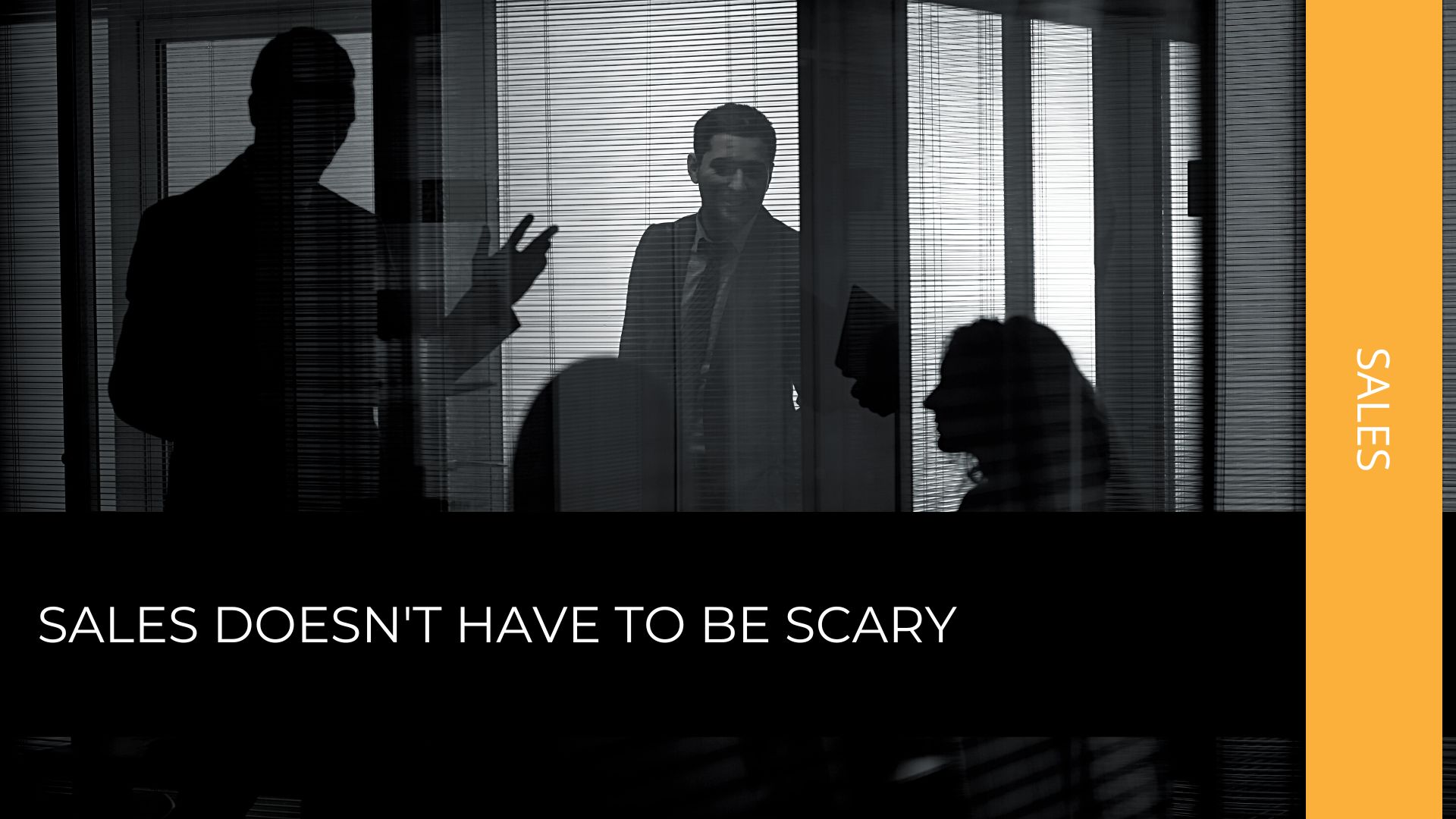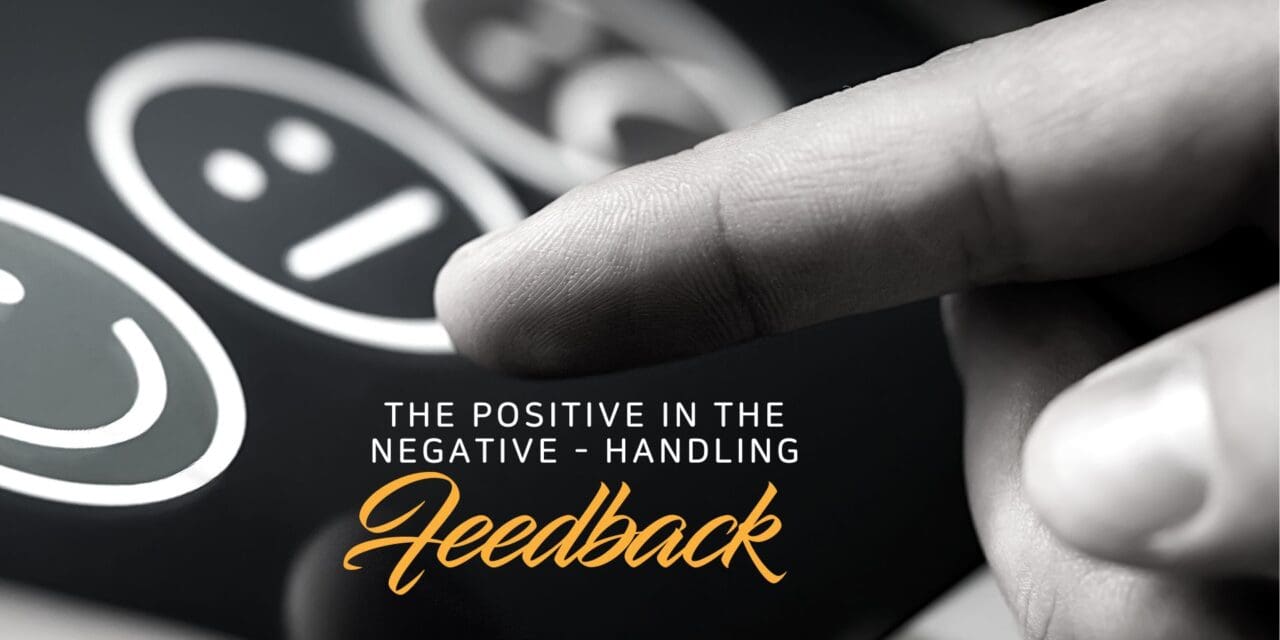We’d all like to imagine every review left by a customer would speak of our business and its products or services in glowing terms. Sometimes, that simply isn’t the case and that negative feedback can have you reeling.
But even in the negatives there are positives to be found. It’s a matter of understanding the message and working out whether and how it will improve your business overall.
Here’s a guide to finding the positive in the negative when it comes to poor reviews.
“Your most unhappy customers are your greatest source of learning.” – Bill Gates
In business, all feedback is valuable but it’s how you interpret and use it that counts. Most importantly, this feedback should be considered a useful tool for better serving your ideal customer.
So how do you assess and utilise a negative comment or review?
It comes down to the who, the why, the what and then the how.
The who, the why, the what, the how
When handling negative feedback consider the following:
Who is your feedback coming from?
It’s a plain and simple truth that you cannot keep all people happy all the time.
When you receive negative feedback it’s very important to ascertain whether the feedback is coming from your ideal customer, a person you are attempting to recruit, or perhaps someone who is otherwise unattached to your business.
In business, the person you are trying to please is your ideal customer. If a person is not your ideal customer, chances are they will find a negative in your products or offerings because your business is not relevant to them.
In other words, your business is not targeted to or looking to cater to their needs, so the negative may matter less.
Why are you receiving this feedback?
As with anything, it’s important to view feedback in context. What is the motivation of the complainant? Did they use your product and service as intended, did they have an unpleasant experience with your business or are they simply having a bad day?
What is the message in the feedback?
That said, in all things there is a grain of truth. So, take the time to look at the feedback and get to the root of the message involved.
Is there an element of truth in their feedback that you need to consider to better serve your ideal customer?
How will you respond?
If the comments are coming from your ideal customer and there is truth or an important message in what they are saying, the next step is to consider how you will respond.
How will you address the issue with them as an individual? What will you offer to rectify the situation or reasonably satisfy them?
More importantly, what will you change about your product, procedures or systems to improve your business in the future.
As former British Airways Vice President Donald Porter once famously said: “Customers don’t expect you to be perfect. They do expect you to fix things when they go wrong”.
The final word
Feedback can be incredibly valuable in business, offering you an outside perspective of how your business can improve, grow and better cater to its customer.
But as with all things, it’s how you interpret, understand and utilise that feedback, regardless of whether it is positive or negative, that counts.

Discover More in Sales Doesn't Have to be Scary
Every business needs to “Sell” but Sales is a word and concept that often scares business owners and people. Sales doesn't have to be scary join Clive Enever to find out how and why.














